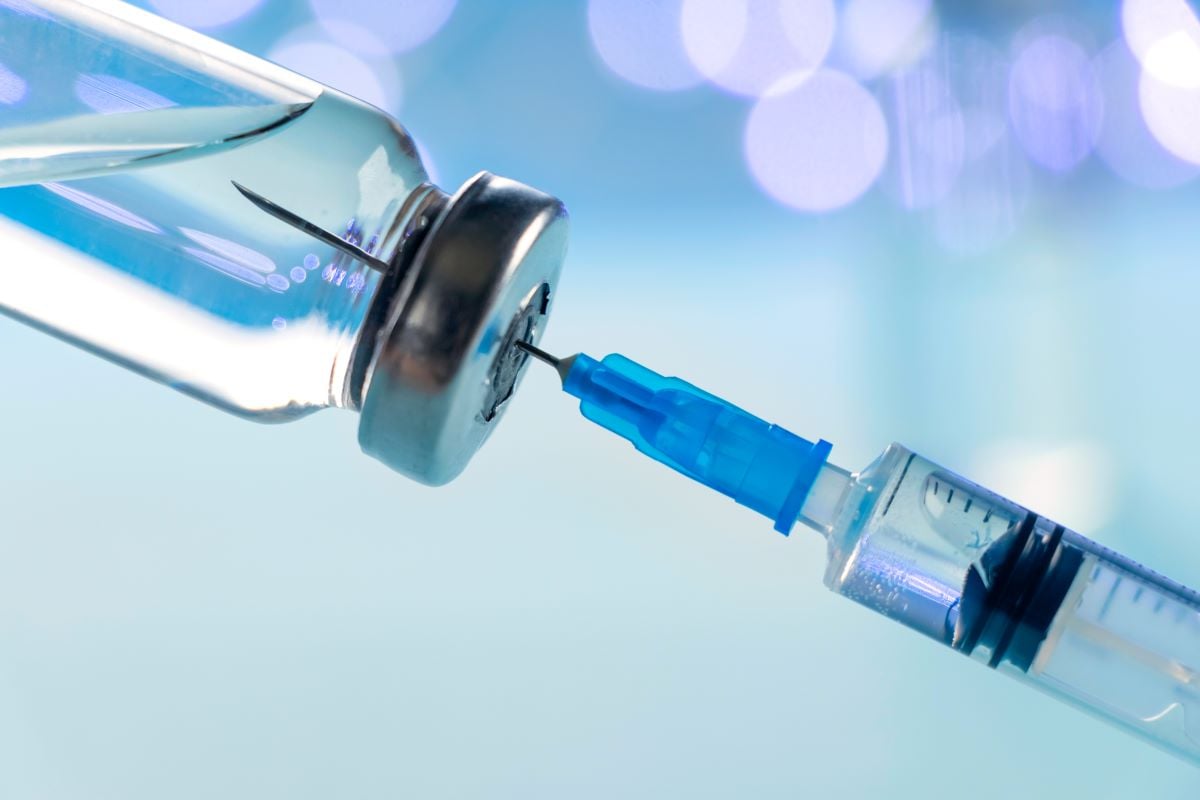Gene expression signature predicts irAEs in melanoma patients treated with ipilimumab/nivolumab
By Elana Gotkine HealthDay Reporter
MONDAY, Aug. 12, 2024 (HealthDay News) — A gene expression signature in peripheral CD4+ T-cells can predict severe immune-related adverse events (irAEs) among melanoma patients treated with ipilimumab/nivolumab, according to a study published online Aug. 8 in Clinical Cancer Research.
Kelsey R. Monson, Ph.D., from the Perlmutter Cancer Center at NYU Langone Health in New York City, and colleagues examined postsurgical, pre-immune checkpoint inhibitor treatment peripheral CD4+ and CD8+ T-cells from melanoma patients in a clinical trial (CheckMate-915) treated with adjuvant nivolumab (130 patients) or ipilimumab/nivolumab (COMBO; 82 patients). Baseline differences associated with severe (grade 3 to 5) irAEs were tested and a predictive model was constructed.
The researchers found significant enrichment of the spleen tyrosine kinase (SYK) pathway in peripheral CD4+ cells, which was associated with severe irAEs in COMBO-treated patients. Severe irAE COMBO patients were predicted by this gene-expression signature with 73 percent accuracy, independent of disease recurrence. The irAE predictive model that incorporated this gene-expression signature had 82 percent accuracy.
“Predictive information of this kind is critically important to oncologists and patients to help guide their immunotherapy decisions, to either minimize these side effects by taking additional precautions or choose alternative immunotherapies,” Monson said in a statement.
Several authors disclosed ties to the biopharmaceutical industry.
Copyright © 2024 HealthDay. All rights reserved.








